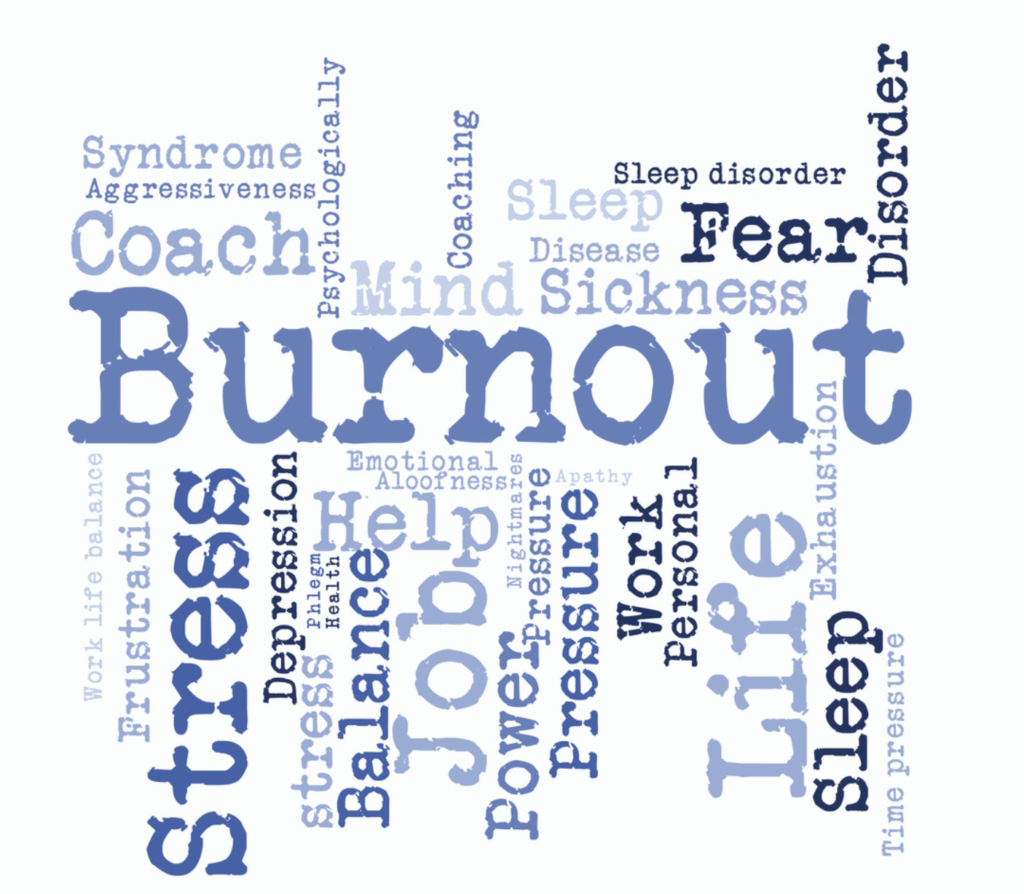It’s that time again-that weird time of the school year where there are very few days off until the end of the year. I think this is a time that educators can be most susceptible to burnout. Have you ever felt that way? What can we do about it?
Educator burnout is a serious problem that affects many educators across the country. According to a recent study titled “Teacher Stress and Teacher Self-Efficacy as Predictors of Engagement, Emotional Exhaustion, and Motivation to Leave the Teaching Profession”, nearly 50% of educators report feeling stressed or burned out on a daily basis. This can have a negative impact on their personal and professional lives, as well as on the students they teach. Since the pandemic, those numbers have likely increased with many of us wondering what to do.
According to Kevin Leichtman in the article “How Burned Out Are You? A Scale For Teachers”, educator burnout is a state of emotional, physical, and mental exhaustion that occurs when teachers feel overwhelmed by the demands of their job. It can be characterized by feelings of cynicism, detachment, and a reduced sense of accomplishment. Burnout can affect all aspects of an educator’s life, including their relationships with students, colleagues, and loved ones. Symptoms of burnout can include fatigue, irritability, insomnia, and difficulty concentrating. Leichtman notes that there are four levels of burnout to consider.

- Passionate, but overwhelmed
- Feeling not good enough
- Negative coping strategies
- Overwhelmed and becoming cynical
- High levels of stress and irritation
- Not setting boundaries between work and home
- Cynical and approaching exhaustions
- Isolating at work and home
- Refusing to engage in professional development
- Complete exhaustion and breakdown
- Feeling exhausted every day
- Unusually frequent illness
There are many factors that can contribute to educator burnout. One of the most common causes is excessive workload. Educators often work long hours, both in the classroom and at home, grading papers, planning lessons, and preparing materials. This can lead to feelings of overwhelm and exhaustion, particularly if educators feel unsupported by their school or colleagues.
Another factor that can contribute to burnout is a lack of autonomy. Educators who feel micromanaged or undervalued may become disillusioned with their profession and lose motivation. Additionally, educators who work in challenging or high-needs environments may be more likely to experience burnout, as they may face more stressors and have fewer resources available to them.
So what can we do? If you’re an educator experiencing burnout, there are several steps you can take to prevent or manage it. Check out this video by Kelly Hopkinson about the importance of self-care for teachers.
Here are a few suggestions:
- Set Boundaries: It’s important to establish clear boundaries between work and personal time. Try to avoid bringing work home with you and take breaks during the day to recharge and refocus.
- Practice Self-Care: Engage in activities that help you relax and recharge, such as exercise, meditation, or spending time with loved ones. Make sure you’re getting enough sleep and eating a healthy diet.
- Seek Support: Don’t be afraid to reach out to colleagues, friends, or family members for support.
- Prioritize Tasks: Identify the most important tasks and prioritize them. Try to delegate responsibilities or streamline your workload as much as possible.
- Engage in Professional Development: Participating in professional development opportunities can help you stay motivated and engaged in your work. Consider attending conferences, workshops, or online training courses.
By taking proactive steps to prevent or manage burnout, educators can improve their quality of life and provide better support to their students. If you’re experiencing burnout, don’t hesitate to seek support and take time for self-care. Remember that you’re not alone, and that there are resources available to help you navigate this challenging time. Check out the PD offerings on Illinois Online Academy on Burnout.
- The Burnout Cure Book Study
- AA3640 Compassion Fatigue and Burnout: Is Your Staff at Risk?
- From Burnout to Productivity: Creating a Path for Teacher Wellness
What do you do to manage burnout? Please join in the conversation by tagging us @KaneCountyROE.

Raven Szalkowski – Professional Learning Coordinator
(t): 630-762-2056
(e): rszalkowski@kaneroe.org
